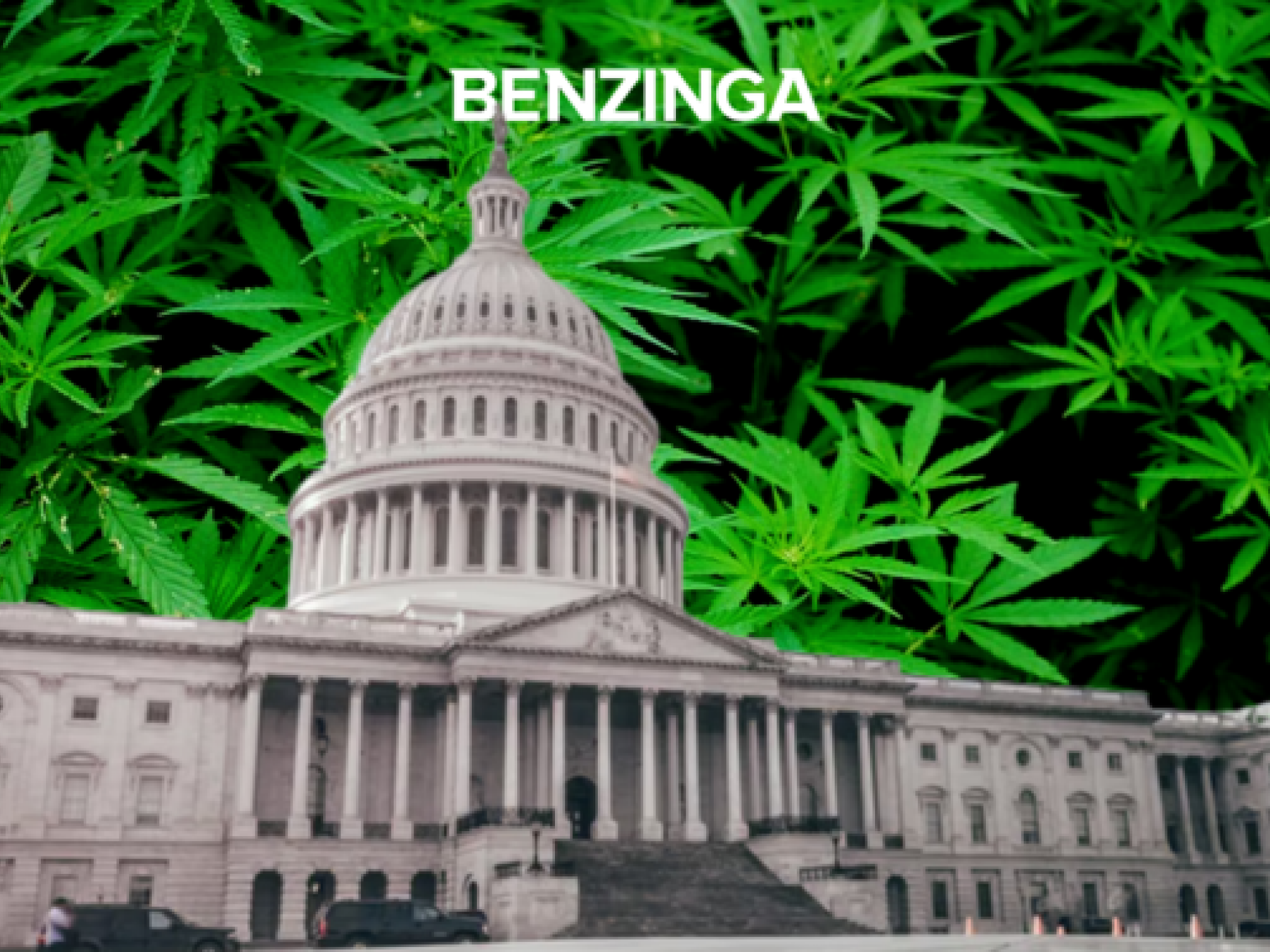
A new bill that would raise the legal THC threshold for hemp products, currently below 0.3%, was filed by Rep. Chellie Pingree (D-ME), Marijuana Moment reported.
What's In The Bill
The Hemp Advancement Act seeks to amend the rule under which hemp must remain below 0.3% total THC on a dry-weight basis by increasing it to 1%.
The measure would also provide several other reforms, including removing the ban on market participation by people with prior drug-related felony convictions in the past ten years. It also addresses the issue of THC levels for in-process hemp.
The proposal allows for in-process hemp to avoid being subject to any THC limits as long as the final product does not exceed 1%, thus addressing concerns regarding the temporary increase of THC content in a crop during the process of hemp extraction.
Moreover, the bill would remove a requirement under the 2018 Farm Bill that the crop can only be tested at laboratories registered by the Drug Enforcement Administration.
"There are insufficient testing facilities. Right here in Maine, we don't have one at all—and there's two that cover all of New England," Pingree told Marijuana Moment, highlighting that there are non-DEA-certified labs that are "perfectly capable of doing this."
The congresswoman emphasized that hemp is an agricultural crop.
"Let's assess it for appropriate reasons, but we don't have to make it so sinister that everything has to be done by the DEA," Pingree added.
The bill, which is supported by over a dozen hemp and cannabis groups, such as U.S. Hemp Roundtable, Americans for Safe Access, and Hemp Industries Association, would also remove a Farm Bill's provision and allow those with prior convictions to be mart of the market.
"This ban treats hemp as if it was a controlled substance and that people are trying to somehow engage in drug dealing or nefarious activities," Pingree said. "As we all know, hemp is an agricultural crop, it has a whole different purpose. And like all agricultural enterprises right now, we have a labor shortage."
She called the provision a "backwards rule" that is "damaging to the industry and for those individuals who want to participate."
What's Next?
Pingree hopes that the new legislation would have "plenty of bipartisan buy-in because there was so much enthusiasm in the beginning."
While the congresswoman anticipates seeing the standalone bill being reviewed in committee, she also expects that it will affect lawmakers' sentiment when drafting the 2023 Farm Bill commences later this year.
"At the very least, my goal is to make sure that that language is included in one form or another in the Farm Bill because that's, I think, where we have the greatest opportunity to make some significant change," Pingree said.
Photo: Courtesy of Benzinga







